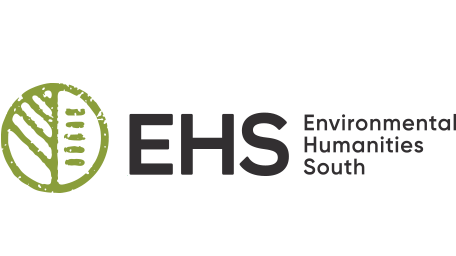New website documents the Cape Town urban water cycle

A new website on the urban water cycle in Cape Town is linking current research on the urban water cycle in the greater Cape Town area, with the public. "Water Stories" is intended as a generative political engagement with the City and its citizens to empower citizens who are not yet equipped to defend themselves from official rhetoric and reductionist claims about the urban water cycle, justice and sanitation.
Water has recently been listed as a commodity on the New York Stock Exchange, and opposition to the privatisation of water is a global struggle.
The initiative is spearheaded by a partnership of the Environmental Humanities South (EHS) research centre at the University of Cape Town (UCT) with Environmental Chemistry at the University of the Western Cape (UWC), and the University of Stavanger in Norway.
Director of the EHS, Professor Lesley Green, commented: “Cape Town’s rivers are among the only things that know no apartheid geography. They pass shacks and suburbs, industries and hospitals; they are used for fishing and baptisms and are biodiversity havens, yet they also carry the runoff of farms and wastewater treatment facilities. They could be resources for both drinking water and food production – farming and fishing – yet are currently too polluted for basic filtration to be effective, and they carry pollutants and toxins to sea.
“Remediating Cape Town’s rivers and vleis will not be achieved by governance alone: it requires a concerted effort to change public perceptions and behaviours – as well as a shift in water governance paradigms, from data points to urban metabolism. This website steps into that gap by sharing stories of those who care for our waterways and struggle to clean them – and who live with them and complex entanglement with urban life, every day.”
The website currently focuses on case studies in Camps Bay, Green Point, Hout Bay and Zeekoevlei, and as further research on water develops in the coming year, it will be significantly expanded as it is an evolving site – this is phase one – creating a foundation for further iterations.
The initiative is an extension of the new graduate course, co-taught for the first time online with Aarhus University Environmental Humanities, called “Water Society Ecology” and ongoing work with environmental chemists in South Africa and Norway on new forms of toxicity (“chemicals of emerging concern”), many of which stay in the full water cycle permanently on release into the environment.
“Sewage to sea may have been a solution when the settlement at the Cape was tiny and there were no complex artificial chemicals in it – but it is no longer viable, as the research of Professor Leslie Petrik (UWC) and others shows. Their concerns about new toxins in the open environments are real and urgent – and shared by the United Nations Environment Programme, which regards them as a serious and urgent concern for people and ecologies alike.
“This site aims to support a paradigm shift in the public and in governance about how to care for water bodies in cities that are part of the commons. After all, imagine if, next time there is a drought in Cape Town, the water in rivers and vleis was good enough to collect and filter at home. The need to queue under the eye of the military would be substantially reduced. But we are so far from that possibility because these water bodies are not well cared for – because waterways are the great mixing ponds of city life,” shared Green. “We were privileged to partner with an incredibly dedicated team of ecofeminist media producers, the Mycelium Colab, who understood our goals and developed a watery aesthetic along with the website architecture and produced much of the research-based content,” said Green about the website.
To date, the project has been part-funded with the Southern African–Nordic Centre (SANORD) National Research Foundation grant on environmental chemistry with Stavanger University and the Andrew W Mellon grant to EHS, as well as private funds.
Issued by: UCT Communication and Marketing Department
